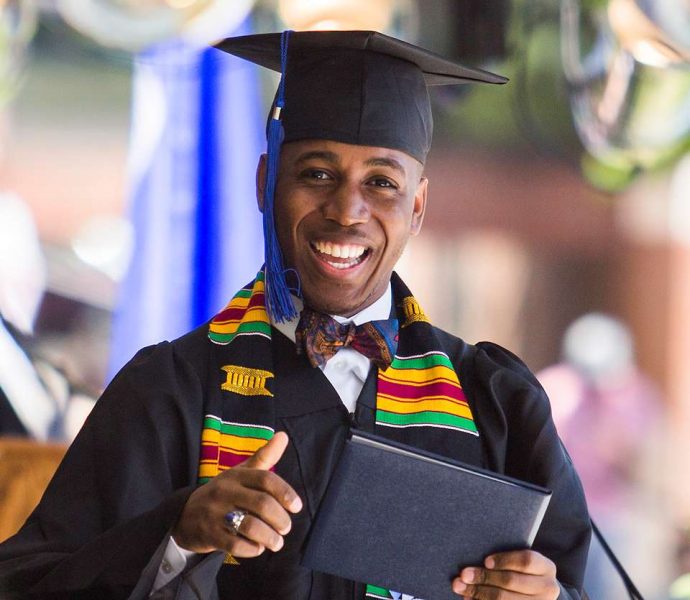Joseph Whitfield

In rural America, the message we hear is this: Go and get an education. Leave your small town and make something of yourself. Success and opportunity are found elsewhere. Leave. Go.
After graduating from KIPP in Helena, Arkansas, I did go.
I went to Colby College in Maine. I had visited the school ahead of time, so I knew what I was getting myself into. I knew about the difference in weather. I understood the difference in socio-economic atmosphere. But I wanted to stretch myself and get out of my comfort zone. And you know what? I absolutely loved my time there. But one thing took me by surprise—the lack of rural representation. Most of the other students at Colby were from big cities: New York, Boston, Los Angeles, San Francisco. And when I had conversations with these students—in or outside of class—we almost always focused on issues facing large American cities. In my education classes, it was always “urban this” and “urban that.”
It was like small town America didn’t exist.
And this urban bias doesn’t just happen on college campuses. I went to an education conference a couple years ago, and a prominent politician—someone who had been at the forefront of educational reform—was there to deliver a keynote. I was chosen to be part of a small group that got to meet with him. So there we are, five or six of us sitting in a room, and I ask him, “What are your thoughts on the state of rural education?” And this politician, this man who had done so much for educational innovation, was speechless. He literally could not answer.
I’ll never forget that moment. It speaks to a larger truth. Towns like mine—experiences like mine—are left out of the narrative.
This trend of exporting talent and resources to our big cities—this mindset of leaving small towns and never coming back—I don’t want to add to that movement. I want to reverse that movement.
I want to get on the rooftop and yell, “Look at us! Don’t leave us out! There is talent in rural America! There is opportunity in rural America!” But for people to believe it, they have to see it. So a year and a half ago, upon graduating from Colby, I returned to the place that had given me so much.
Now it’s my turn to help people younger than me. Helena is home. Home is a place worth investing in. And you know what? I’m a sixth grade teacher at KIPP Delta now.
So I found opportunity in rural America.
